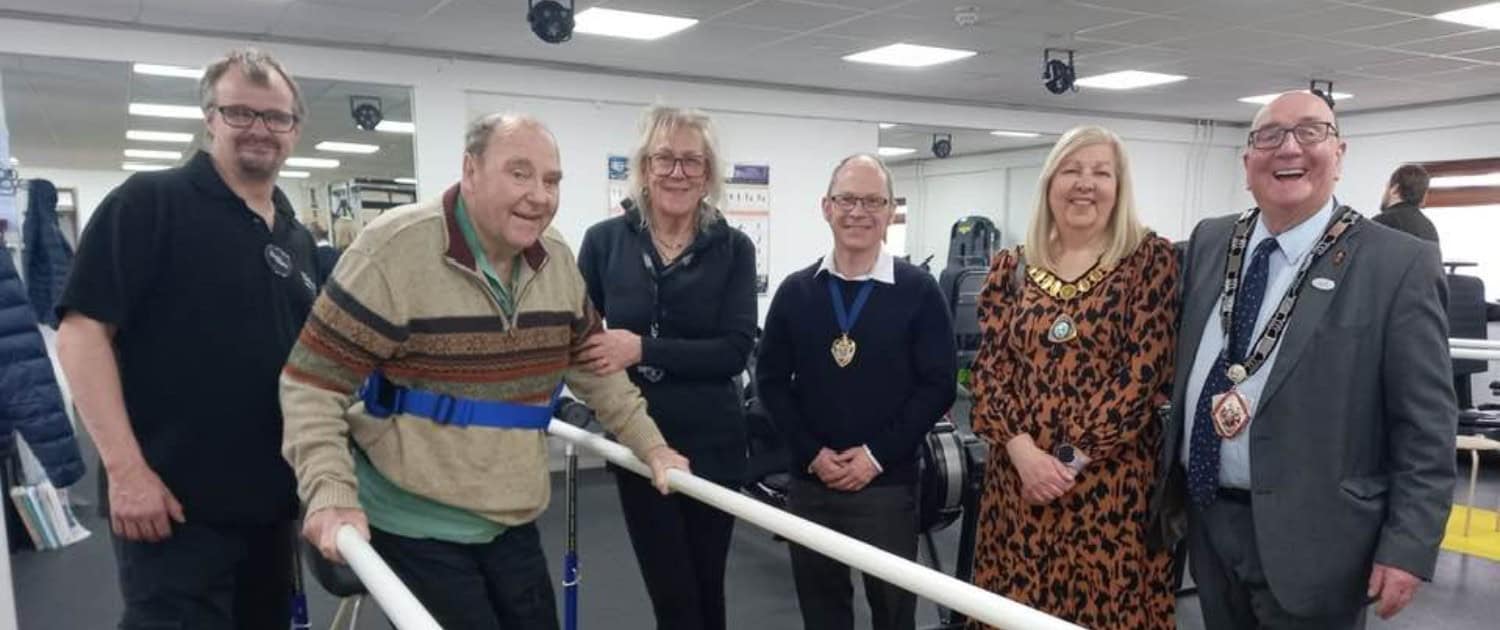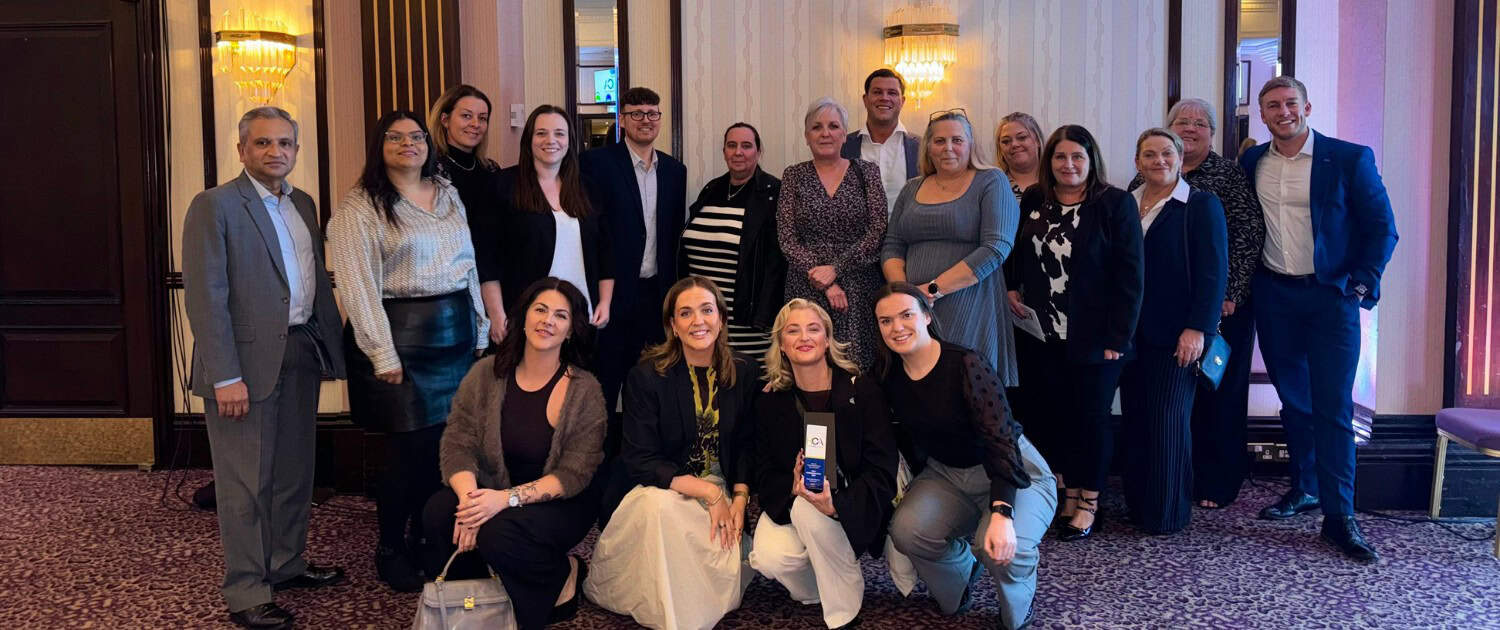Clece Care Services are proud to advocate for meaningful change in our sector when it comes to the wellbeing of our people. That’s why we’re delighted to share that our article, ‘Supporting Mental Wellbeing in the Care Workforce: A Guide for Providers‘, was recently published in the latest edition of the Homecare Association Magazine.
This contribution reflects our unwavering commitment to improving the lives of our care staff and ensuring that mental health is prioritised at every level of our organisation. With over 7,000 colleagues across more than 100 locations, we understand the pressures of the care sector and the urgent need to build a healthier, more supportive work culture.
Why Mental Wellbeing in Care Matters
The mental health of care workers is a growing concern. According to the World Health Organisation (WHO, 2024), between 23% and 46% of healthcare workers globally experience significant levels of anxiety and stress. In the UK, more than half of care workers report a decline in their mental health due to job-related pressures.
These figures speak volumes about the toll the profession can take. Care workers often face emotionally and physically demanding roles, long hours, and constant pressure – often without adequate recognition or support. As noted by Skills for Care (2023), stress, anxiety, and depression remain leading causes of sickness absence in adult social care.
Yet this is a workforce built on compassion and commitment. It’s time the sector showed the same care to its people that they show every day to others.
Clece Care Services’ Approach: Three Strategies Every Provider Can Adopt
We know resources are often stretched, especially in smaller organisations. That’s why we’ve shared three simple and scalable strategies that any care provider, regardless of size, can implement to better support their teams.
1. Providing Access to Mental Health Resources
A 2023 report by The Care Workers’ Charity found that 81% of care staff feel more supported when they have access to professional mental health support. At Clece Care Services, we took this insight seriously by committing to a 1:200 Mental Health First Aider (MHFA) to employee ratio, as part of our Social Value Quality Mark accreditation.
But it’s not just about numbers – it’s about smart implementation. We select MHFAs from diverse departments, such as operations, recruitment, and finance. This spreads support across different touchpoints and makes access more inclusive. We also ensure that those stepping into the role volunteer, so they feel confident and comfortable offering support.
Once trained (through organisations like The Care Workers’ Charity and Red Umbrella), we clearly communicate their contact details to all staff. Regular peer support meetings are also held, ensuring MHFAs feel supported too.
This creates a culture where mental health isn’t just a tick-box – it’s embedded into our day-to-day approach.
2. Investing in an Employee Assistance Programme (EAP)
Internal support is important – but external, confidential help is often essential too. That’s where an Employee Assistance Programme (EAP) comes in. These services offer free, confidential advice and counselling to colleagues dealing with personal or professional issues.
At CCS, we’ve taken our EAP offering one step further. Recognising that care workers’ stress often stems from family pressures, we suggest extending EAP access to one to five family members or friends per colleague.
For example, if a care worker’s partner is dealing with their own mental health challenges and is unable to work, this impacts the entire household. By expanding EAP access, we help relieve that pressure, supporting not only our staff but also the people who support them.
3. Fostering a Positive Work Environment
Recognition goes a long way. In fact, a UK Government report (2022) found that care organisations with effective recognition programmes saw a 17% increase in job satisfaction.
We’ve moved beyond “Colleague of the Month” schemes by introducing peer-nominated awards ceremonies, where categories include ‘Rising Star’, ‘Mentorship Champion’, and ‘Above & Beyond’. These can be held in local offices or at community venues, depending on available resources.
Day-to-day, we also recommend regular coffee mornings or drop-in sessions. For home care workers, who often operate independently, these moments of connection can be incredibly powerful. Hosting sessions in various locations (not just near main offices) also ensures accessibility for everyone.
Simple steps like these help to build a workplace culture that feels warm, inclusive, and human.
Looking Forward: A Healthier, More Sustainable Sector
The message is clear: we cannot sustain excellent care without investing in those who deliver it.
By offering practical mental health resources, building positive cultures, and listening to what our workforce needs, we’re building a more resilient, compassionate care sector—one colleague at a time.
We’re proud to lead by example, and even prouder to share our experiences with others in the hope of creating lasting, sector-wide impact.
Because caring for others starts with caring for ourselves.
Sharing Expertise on Mental Wellbeing with the Homecare Association

Want to know more? Sign up to our monthly newsletter







